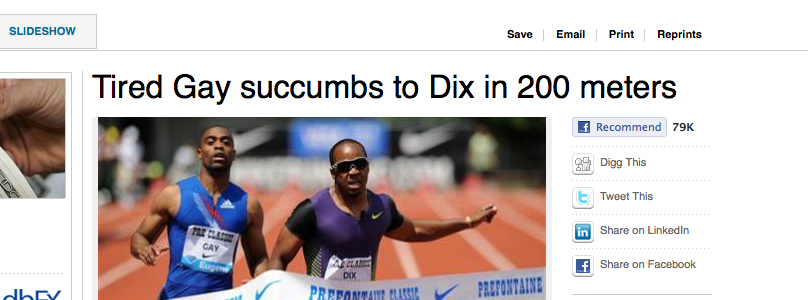Author Frederick Forsyth discusses how his passion to travel led him to an early career as a journalist, in an interview with the Daily Telegraph this weekend.
His time spent reporting for news organisations including Reuters and the BBC was not only valuable in developing the investigative research skills which would later help him write “meticulously researched” novels, but also for revealing where his true passions lay.
“Journalism seemed like a good idea. It meant I could travel and keep my own timetable.” After a stint in Fleet Street, Forsyth joined Reuters, the foreign news agency. It was there that he honed the journalistic skills that are a hallmark of his novels. “I suppose I created a genre,” he agrees. “I was the first novelist to set fiction in the factual setting. Lumbered myself with it, I suppose.”
It was during a stint with the BBC, covering the war in Biafra, that the restraints of journalism led Forsyth into the altogether more lucrative world of fiction. Though he didn’t think so at the time. The deeply conservative BBC took issue with his political line, and Forsyth left. “I didn’t go into journalism to be a PR for Whitehall,” he says drily. “And it isn’t much different today. The hard-hitting investigative programmes no longer exist. The BBC is an arm of the Government.”
See the full interview here…
